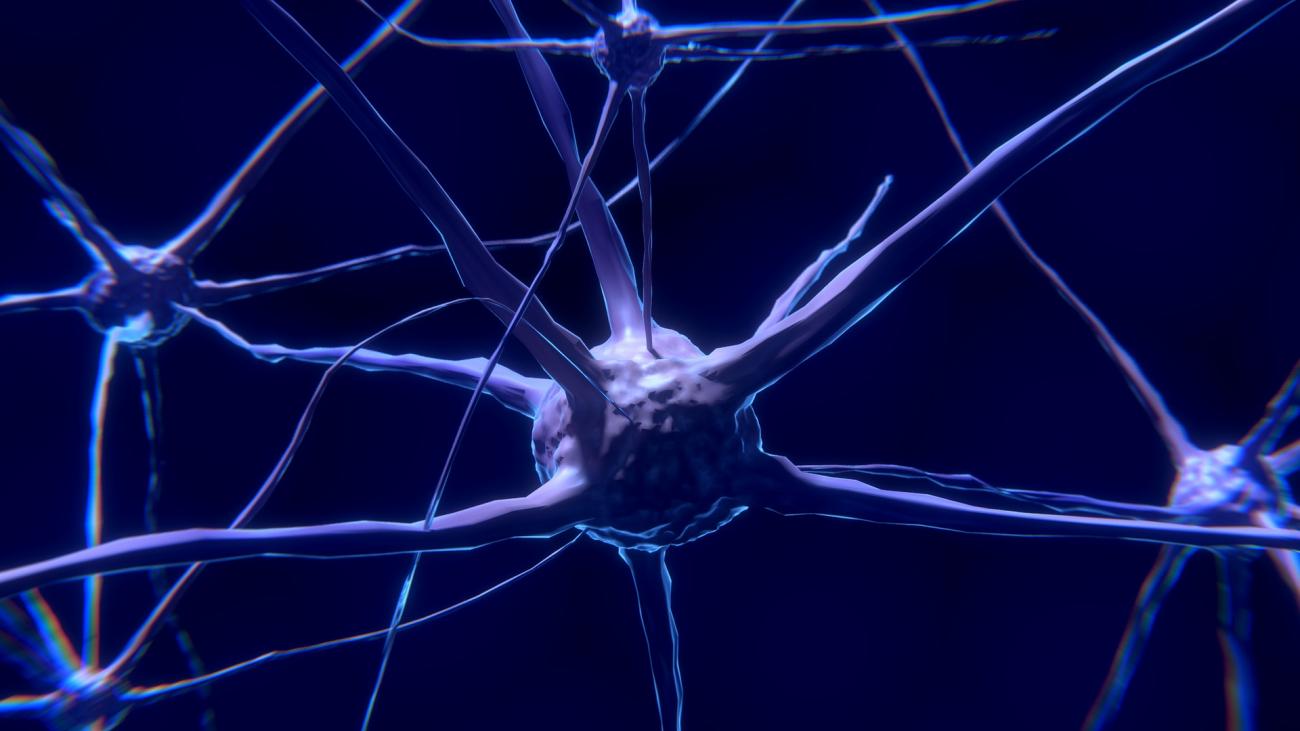Music that Moves Us: Rhythm, Prediction, Brain Oscillations and Social Development
Rhythmic stimuli are powerful because their regularity enables us to predict when important events will happen and, as a result, to attend to those points in time in order to process these important events optimally. Rhythms are ubiquitous in biological systems, from motor movements to locomote to communication signals such as speech and music. In the human case, I will present evidence that the auditory system uses the motor system to accomplish rhythmic timing, and that auditory-motor interactions for timing are present very early in development. Further, I will present studies showing that brain oscillations in the beta frequency (~20 Hz), measured with EEG, entrain to external auditory rhythms, and that fluctuations in beta power are a neural signature of the prediction of upcoming sounds. I will show that beta power trajectories prior to a sound event can be used to predict how well that sound will be perceived, and the extent to which attention is recruited following that sound. Finally I will discuss the social implications of regular predictive movements, showing that even in infants, moving in synchrony with another person leads to increased prosocial behaviour targeted at that person.
Dr. Laurel Trainor is the founding Director of the McMaster Institute for Music and the Mind.
This event is open to the public.




